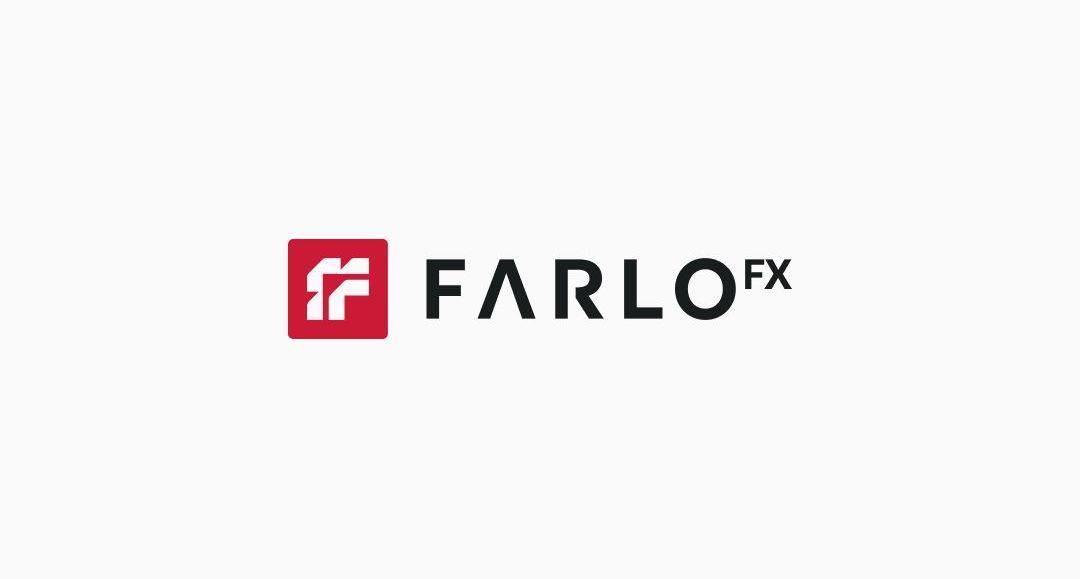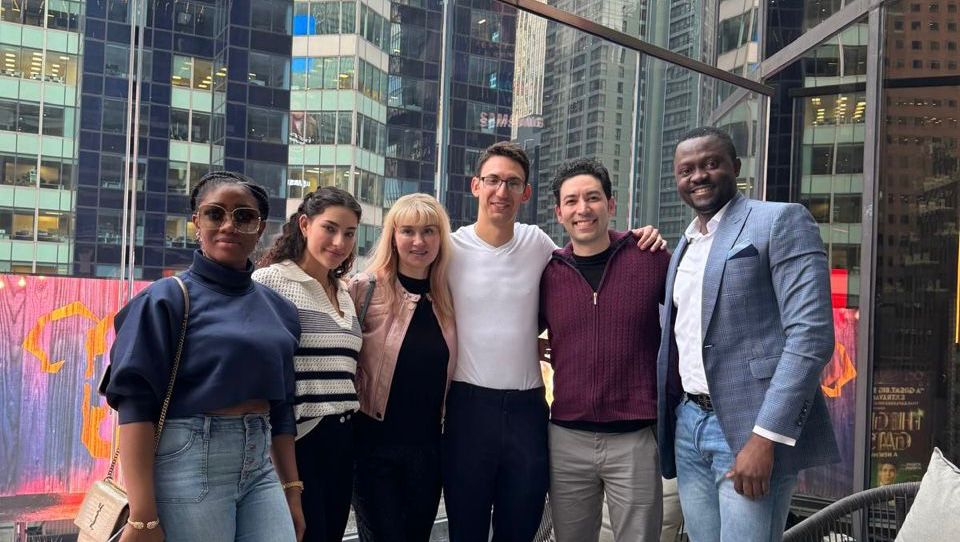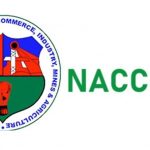Economy
NSE Listing: MTN Submits Application to SEC

By Modupe Gbadeyanka
After several delays, the management of MTN Nigeria has finally submitted an application to the Securities and Exchange Commission (SEC) for the listing of its shares on the Nigerian Stock Exchange (NSE), multiple reports suggest.
The listing ought to have taken place last year, but further issues the telecommunications giant had with the Nigerian government frustrated the much-awaited listing.
Last year, the Central Bank of Nigeria (CBN) directed the firm, which has its parent company in South Africa, to refund the $8.1 billion it allegedly repatriated illegally to its home country between 2006 and 2016.
Weeks after this directive, the Attorney General of the Federation (AGF), Mr Abubakar Malami, asked the network operator to pay $2 billion in outstanding taxes for 10 years.
The company contested these at the court and later, the apex bank asked MTN Nigeria to only pay $53 million. However, its issue with the AGF seems not to be sorted yet.
Last month, MTN announced the change of its status from a limited liability company to a public liability company in preparation of its listing on the Nigerian bourse, seven months after it commenced trading of its shares on the Ghana Stock Exchange (GSE).
At the weekend, it was reported that MTN Nigeria applied to SEC for permission to commence its listing on the NSE.
“What they applied for is registration for listing; that is just to convert to a publicly quoted company where, for now, private shareholders can dispose of their shares at the exchange,” a source was quoted in the reports.
The company plans to list the Nigerian unit without raising any money from investors, and has said it would simplify its capital structure before listing on NSE.
MTN is Africa’s biggest telecommunication company with 52.3 million subscribers in Nigeria as at 2017.
The company was mandated to join Nigerian listed companies after getting in trouble with regulators few years ago.
Economy
Nigeria’s Capital Inflows Surge 67% to $5.6bn in Q1 2025

By Adedapo Adesanya
Capital inflows into Nigeria surged by 67.1 per cent to $5.6 billion in the first quarter of 2025 from the $3.4 billion recorded in the same period of 2024.
This is according to the latest report from the National Bureau of Statistics (NBS) titled Nigeria Capital Importation Q1 2025 released on Tuesday.
The figure also reflects a 10.86 per cent rise from the $5.1 billion reported in the fourth quarter of 2024.
“In Q1 2025, total capital importation into Nigeria stood at US$5642.07 million, higher than US$3376.01 million recorded in Q1 2024, indicating an increase of 67.12%. In comparison to the preceding quarter, capital importation increased by 10.86% from US$5089.16 million in Q4 2024,” the report stated.
The NBS also stated that portfolio investment ranked top with $5.2 billion, accounting for 92.3 per cent, followed by other investment with $311.17 million, accounting for 5.5 per cent.
According to the NBS, Foreign Direct Investment recorded the least with $126.29 million accounting for 2.2 per cent of total capital importation in the period under review.
Giving sector breakdown, the stats office said the banking sector recorded the highest inflow with $3.13 billion, representing 55.4 per cent of total capital imported in Q1 2025, followed by the Financing sector, valued at $2.09 billion (37.2 per cent), followed by Production/Manufacturing sector with $129.92 million (2.3 per cent).
The report further noted that capital importation during the reference period originated largely from the United Kingdom with $3.68 billion, showing 65.3 per cent of the total capital imported.
This was followed by the Republic of South Africa with $501.29 million (8.9 per cent) and Mauritius with $394.51 million (6.9 per cent).
The report noted that the Federal Capital Territory (FCT) received the highest amount of capital importation in Q1 2025, besting Lagos during the period.
“Out of the five states that recorded capital importation during the quarter, Abuja (FCT) remained the top destination with $3047.45 million, accounting for 54.11% of the total capital imported. Lagos State followed with US$2564.68 million (45.44%), and Ogun State with US$7.95million (0.14%).
“Others were Oyo and Kaduna States with US$7.81 Million and 4.06 Million respectively,” the NBS report stated.
The report noted further noted that Standard Chartered Bank Nigeria Ltd received the highest capital importation into Nigeria in Q1 2025 with $2.10 billion, followed by Stanbic IBTC Bank PLC with $1.40 billion and Citibank Nigeria Limited with $1.05 billion.
Economy
FarloFX Signals New Era of Regulated, Scalable Trading for UK, Emerging Markets

By Adedapo Adesanya
As fintech momentum accelerates across Africa and other emerging markets, a new kind of infrastructure is quietly taking shape, one engineered not just for access, but for trust, transparency, and long-term financial integration.
At the heart of this movement is Mr Kenny Farinloye, a UK-trained fintech entrepreneur and market strategist, whose latest venture, FarloFX, aims to redefine how traders from Lagos to Lima participate in global financial markets.
FarloFX, a next-generation digital trading platform currently under development, is being built from the ground up to meet the sophisticated needs of traders in emerging markets. Unlike many offshore platforms that rely on speed without oversight, FarloFX fuses UK-aligned regulatory standards, Tier-1 liquidity partnerships, and mobile-first design into a seamless experience for both retail and semi-professional users.
FarloFX reiterated that this isn’t just a software product; it’s a full-stack infrastructure solution engineered for global interoperability, local resilience, and regulatory clarity.
Mr Farinloye’s recent recognition as an Associate Member (ACSI®) of the Chartered Institute for Securities & Investment (CISI) solidifies his credentials as a global player with a deep alignment to UK financial governance. The CISI, a body that sets the bar for ethics and best practices in the investment profession, serves as an institutional benchmark for financial excellence in the UK and globally.
“My CISI membership is not a vanity metric,” Mr Farinloye explains in a statement shared with Business Post, “It’s an operating philosophy. At FarloFX, we are embedding global standards into the platform’s DNA. We’re not retrofitting compliance, we’re building with it from day one.”
This approach distinguishes FarloFX in a crowded field of high-risk brokers, opaque exchanges, and marketing-driven copy-trading platforms that often dominate the emerging markets space. In contrast, FarloFX offers an execution-first, compliance-rooted trading ecosystem that’s designed to last.
The firm noted that while the product is still in development, it is already gaining momentum. FarloFX has already attracted interest from regional trading communities, financial educators, and fintech partnerships across Africa and Latin America. A growing waitlist of over 3,000 users (Join the waitlist) reflects rising demand for platforms that balance accessibility and credibility, especially in regions where inflation, currency instability, and cross-border payment challenges are part of daily life.
The development team is currently finalizing integrations with FCA-authorised Appointed Representatives (ARs) and UK-based Electronic Money Institutions (EMIs), allowing FarloFX to facilitate low-latency execution and cross-border transactions that comply with both local needs and international law.
With a hybrid compliance model and Tier-1 liquidity sourced from London, Africa and continental Europe, FarloFX says it is shaping up to become a trusted gateway between global financial markets and frontier economies.
The timing couldn’t be more strategic as emerging markets are entering a new era of digitised participation in global finance. However, systemic challenges remain as lack of regulation, poor infrastructure, limited payment interoperability, and volatile pricing environments act as barriers.
Despite this, retail investor interest in forex, commodities, and synthetic markets is surging. In Nigeria, Kenya, Ghana, Brazil, Vietnam, and the Philippines, new traders are flooding into Telegram groups, YouTube channels, and trading apps, but most lack access to platforms that offer transparent pricing, localized support, or regulated backing.
FarloFX sees this not as a problem to exploit, but as an ecosystem to upgrade.
“There are 100 million traders coming online in the next decade from emerging markets,” Mr Farinloye said, adding that “They need platforms they can trust, tools that help them grow, and infrastructure that protects them from fraud, latency, and broken systems.”
With features like copy trading, on-chain analytics, multi-language onboarding, and eventually educational modules and compliance dashboards, FarloFX aims to become the central trading hub for a digitally connected, financially ambitious generation.
In addition to leading FarloFX, Mr Kenny Farinloye is also the Co-Founder of 1.2 Capital, a New York-based hedge fund and digital asset infrastructure firm he runs alongside Sebastian Purcell. This dual-track leadership gives him a unique ability to connect the dots between institutional capital markets and the realities of grassroots user behaviour in emerging economies, bridging two worlds that often operate in silos.
From London to Lagos, Kenny’s work reflects a growing class of African-born, globally trained fintech builders who are not only creating platforms but setting the regulatory tone for the next wave of digital finance.
Industry observers believe this is only the beginning. As global liquidity seeks new markets and infrastructure gaps widen across frontier economies, solutions like FarloFX represent a leap forward, not only technologically, but ethically.
FarloFX will roll out in phases, beginning with closed beta testing in selected markets. The company is also working on a series of strategic partnerships with regional fintechs, educational networks, and payment aggregators to ensure it can deliver both high-end functionality and grassroots access.
The long-term ambition is clear: to become the dominant digital trading ecosystem for emerging markets, not through hype or shortcuts, but by creating infrastructure that connects local users to global liquidity with precision, speed, and trust.
As digital finance continues to decentralize and democratize, FarloFX stands at the intersection of global regulatory sophistication and emerging market pragmatism, a rare place and an important one.

Economy
Renaissance Fulfills Contractual Gas Supply Quota to NLNG—CEO Attah

By Adedapo Adesanya
Renaissance Africa Energy Company Limited has fulfilled its contractual gas supply quantities to the Nigeria LNG (NLNG) Company for the first time in over five years.
This was disclosed by the chief executive of the firm, Mr Tony Attah, at the opening ceremony of the Society of Petroleum Engineers’ 2025 Nigeria Annual International Conference and Exhibition (NAICE) in Lagos on Monday.
He identified extensive and deliberate collaboration with government and other stakeholders in the Nigeria oil and gas industry, to create an investment- attracting environment.
This strategy, according to the Renaissance helmsman, would enable Nigeria to better utilise its vast oil and gas resources.
Speaking on the early milestone achievements of Renaissance, Mr Attah said, “Within this short period of our existence, of about 140 days of taking over Shell’s shares in the defunct SPDC, Renaissance assets and people have increased oil production by about 40 per cent and returned us to a position where we now fulfil our contractual gas supply quantities to the NLNG – for the first time in over five years.”
Represented by Renaissance’s Chief Technical Officer, Mr.Abdulrahman Mijinyawa, Mr Attah tasked stakeholders in the industry to imbibe strategic collaboration with government and other stakeholders to move Nigeria to the centre stage of Africa’s energy landscape.
Mr Attah also said, “This is our strategy at Renaissance, which operates Nigeria’s largest upstream joint venture alongside NNPC Limited, TotalEnergies, and Agip Energy and Natural Resources Limited (AENR), with a portfolio spanning onshore and shallow-water terrains, including the Bonny and Forcados crude export terminals.”
Mr Attah noted that Renaissance was set to become a continental leader, enabling energy security in Africa and the industrialisation of Nigeria in a sustainable manner.
“We believe that the Renaissance is one of the keys towards getting Nigeria to regain its continental pride of place. While we operate from the Niger Delta in Nigeria, our aspirations are continental, our vision is wholly Afro-centric.”
Mr Attah also noted that Renaissance was working with renewed commitment to excellence, and an opportunity for Nigerians to drive industrialisation that would ultimately translate into job creation and overall economic growth.
He encouraged other organisations to imbibe Renaissance’s CRISP core values standing for Collaboration, Respect, Integrity, Safety and Performance.
-

 Feature/OPED6 years ago
Feature/OPED6 years agoDavos was Different this year
-
Travel/Tourism9 years ago
Lagos Seals Western Lodge Hotel In Ikorodu
-

 Showbiz3 years ago
Showbiz3 years agoEstranged Lover Releases Videos of Empress Njamah Bathing
-

 Banking7 years ago
Banking7 years agoSort Codes of GTBank Branches in Nigeria
-

 Economy2 years ago
Economy2 years agoSubsidy Removal: CNG at N130 Per Litre Cheaper Than Petrol—IPMAN
-

 Banking2 years ago
Banking2 years agoFirst Bank Announces Planned Downtime
-

 Sports2 years ago
Sports2 years agoHighest Paid Nigerian Footballer – How Much Do Nigerian Footballers Earn
-

 Technology5 years ago
Technology5 years agoHow To Link Your MTN, Airtel, Glo, 9mobile Lines to NIN













